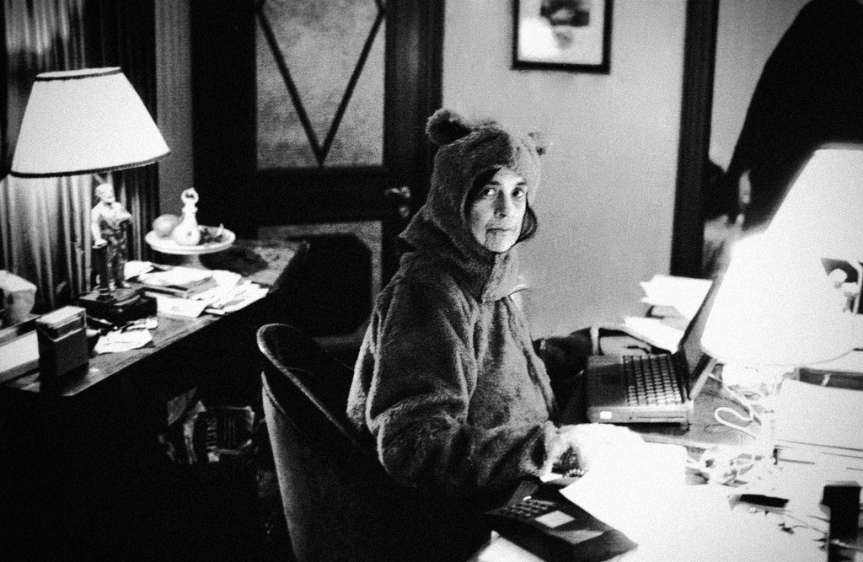Speaking Into the Dark
A Thank You

I want to thank those who’ve consistently supported and encouraged me over the years. I’m not going to put up a list of names—because I know you probably don’t need or want me to do that—but I’m very aware and you have my gratitude.
Nobody can write consistently (and, by that, I mean decade after decade) without some form of support. If you doubt this, try an experiment: every night for a week, sit in a dark closet and speak for 90 minutes, imagining there is someone listening on the other side of the door.
I only ask that you try this for a week because I doubt most people could get to the third session without going a little crazy. Now imagine trying to do this every night (and feeling like a total imposter and failure anytime you miss) for 20 years. That’s what it’s like to be a writer.
The illustrious Chuck Wendig puts it like this:
And the writing life? The publishing world? Definitely not a realm of pure kindness. The writing life isn’t cruel to be cruel, but there exists a lot of ambient cruelty built into any system based on envisioning art, producing it, and trying to earn an audience for it. Further, writing is an often isolated and isolating act—you’re planting yourself in front of a notebook or computer and writing one sentence after the next for weeks, months, maybe even years. And then once you’ve finished that part, you’re holding it out, asking the universe to love it. No one part of this is actively or personally cruel, but it can sure feel lonely. It can feel desperate, too. It’s easy to lose focus and lose hope—and it only gets worse when someone (agent, editor, audience) takes that story you’ve worked on forever and tells you, “Meh. Nah.”
This is the truth. But Chuck isn’t complaining and neither am I. I think we’re trying to get at the same thing: speaking into the dark is hard. And it’s always dark. It gets significantly darker when you “make it,” when you become a marketable brand and you’re surrounded by businesspeople who want to see you excrete more salable units, forever.
There’s a lot of irony embedded in writerly success, but I haven’t experienced that sort of thing—what passes for fame and status in the highly self-conscious and pathological publishing industry. But I’ve been close to a few writers who have and I’ve seen how brutal “success” can be.
If you want to publish me, grand! I’ll take it. Send me a check and put my face on a website. Still, I’m not so naïve that I believe there’s an end to this or that someday there’s going to be a parade in my honor where everyone will love me. I’m not in this for love or money. I’m in it because I’m addicted to it.
So the best thing for me is just to be able to continue. And expressions of support along the way, the sense that sometimes, perhaps unexpectedly, there actually is someone listening out there, are important.
Now I will stop writing before this seems even more like a metaphor for sitting in the confession box. Bless me, father, for I have sinned. It has been 35 years since my last confession . . . or about 10 hours, depending on how I want to think about my writing habit . . .
